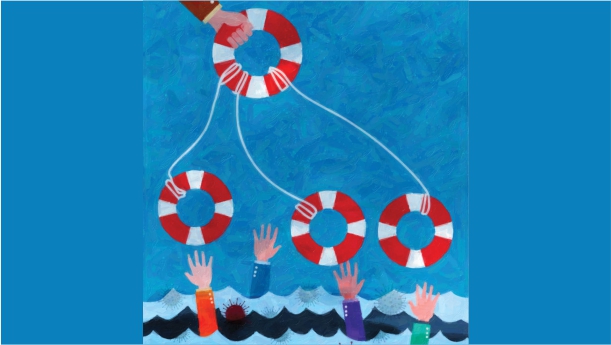
It has been the toughest of times leading through a pandemic. But what can we learn from what we have all been through? How will it change us as leaders? And how should we lead out of lockdown? These are just some of the questions that we believe leaders should be pausing to ask themselves.
Log In or become an AIMA member to read more articles
